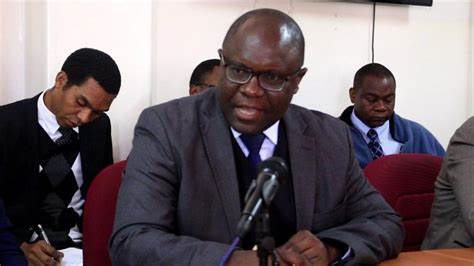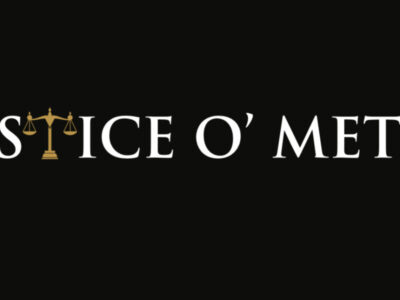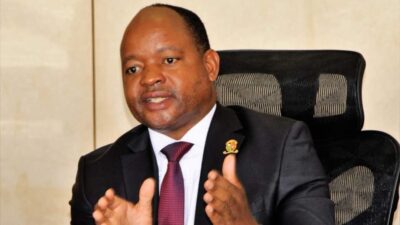Bankers Association of Zambia (BAZ) has said the cost of borrowing is expected to increase once the minimum statutory ratio is adjusted.
On Thursday last week, the Central Bank acted to address Kwacha volatility by adjusting the minimum statutory ratio on both local and foreign currency deposit effect from Monday, February 13, 2023.
This will also apply to Government deposits and Vostro account deposits to be increased by 2.5 percentage points to 11.5 percent from the current nine percent.
Explaining what this meant to the commercial bank customers, BAZ Chief Executive Officer, Leonard Mwanza warned that interest rates would be adjusted upwards.
On household, this would also mean the cost of living was expected to rise.
Read more: Bank of Zambia moves to prevent further fall in Kwacha value, as poor run persists
According to Mwanza, average interest rates in the market as at end of last year were hovering around 25.2 percent, but with the increase in the minimum statutory ratio, the interest rates will be adjusted upwards for commercial banks to make profits.
In an interview in Lusaka, Mwanza explained that the pressure seen on the United States (US) dollar in the market would now have a reverse impact as it would get on to the Kwacha.
This means that there will be less Kwacha in the market, making commercial banks chasing the few deposits.
“We are going to see in the short to medium terms banks adjusting interest rates on the existing loans and for new loans. They will have to cost a little bit more than they were. So last year we ended with the average lending rates to about 25.2 percent so that will likely go up because of this decision that has been made
“So that is how we see it. The customers will not borrow at the same rate before this decision so they should expect some adjustment upwards on the lending rates going forward,” he said.
Mwanza explained that liquidity that banks would normally hold for each deposit, for every kwacha they would have to reserve 11.5 percent which would be kept in Central Bank.
“Just like we were seeing the dollar depreciation because of the high demand for the dollar in the pipeline that we are building up, we will now start seeing reverse effect start happening on the Kwacha side because they are going to retain more kwacha by increasing statutory reserve ratio by 250 basis point,” he said.
WARNING! All rights reserved. This material, and other digital content on this website, may not be reproduced, published, broadcast, rewritten or redistributed in whole or in part without prior express permission from ZAMBIA MONITOR!












Comments